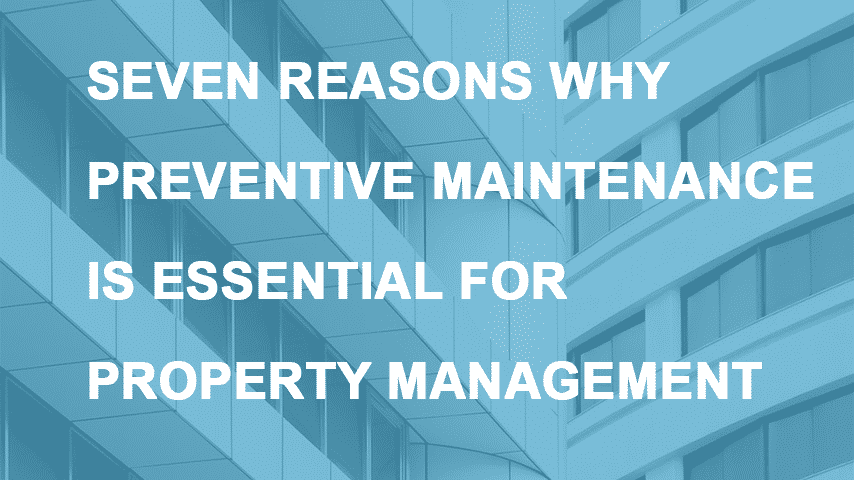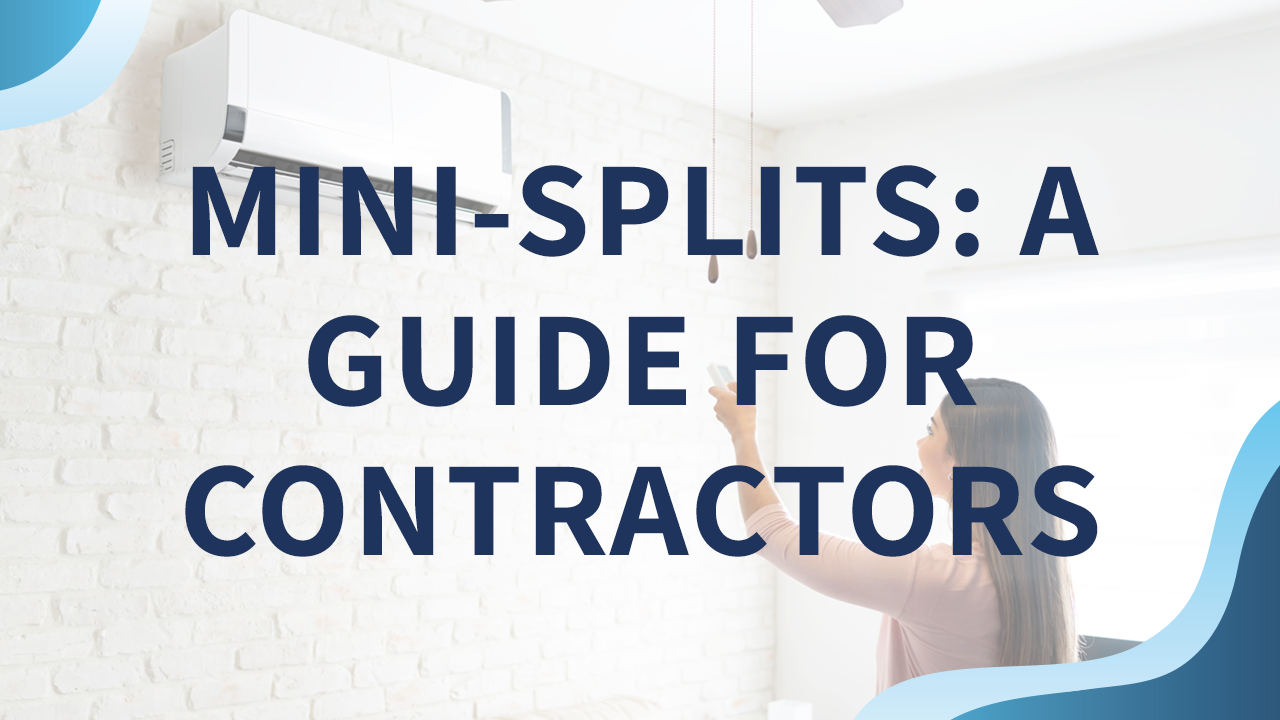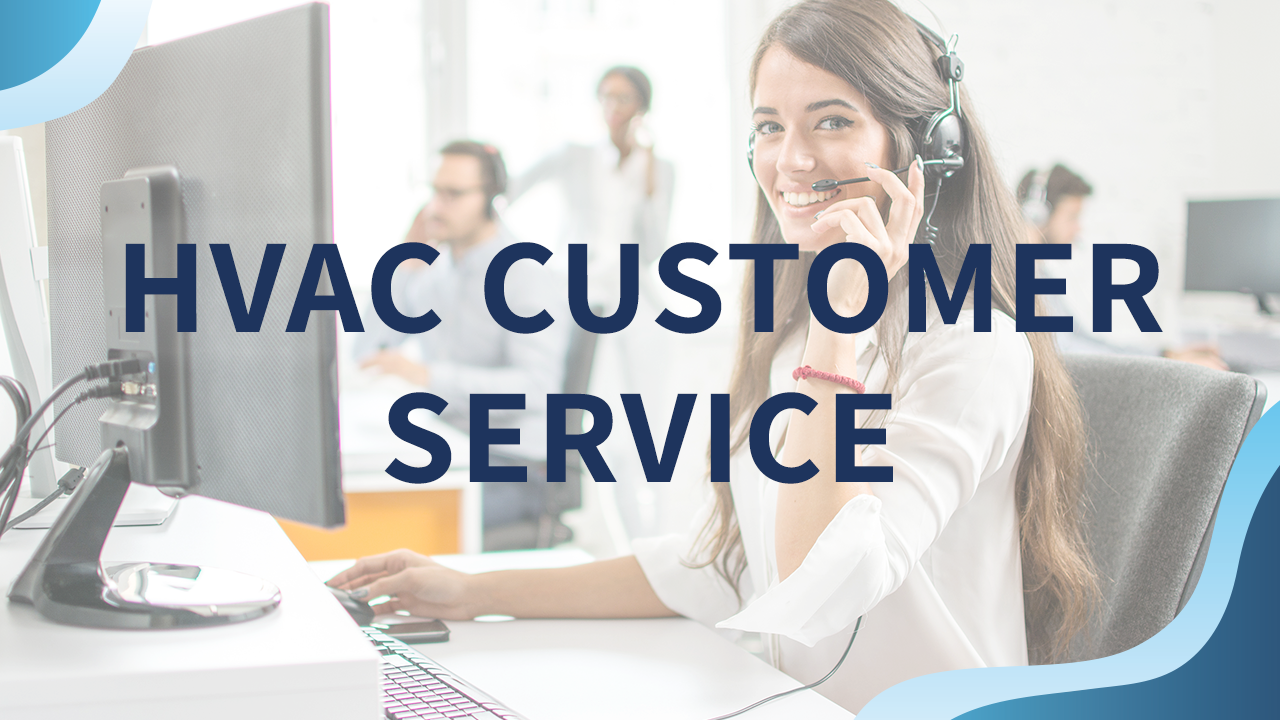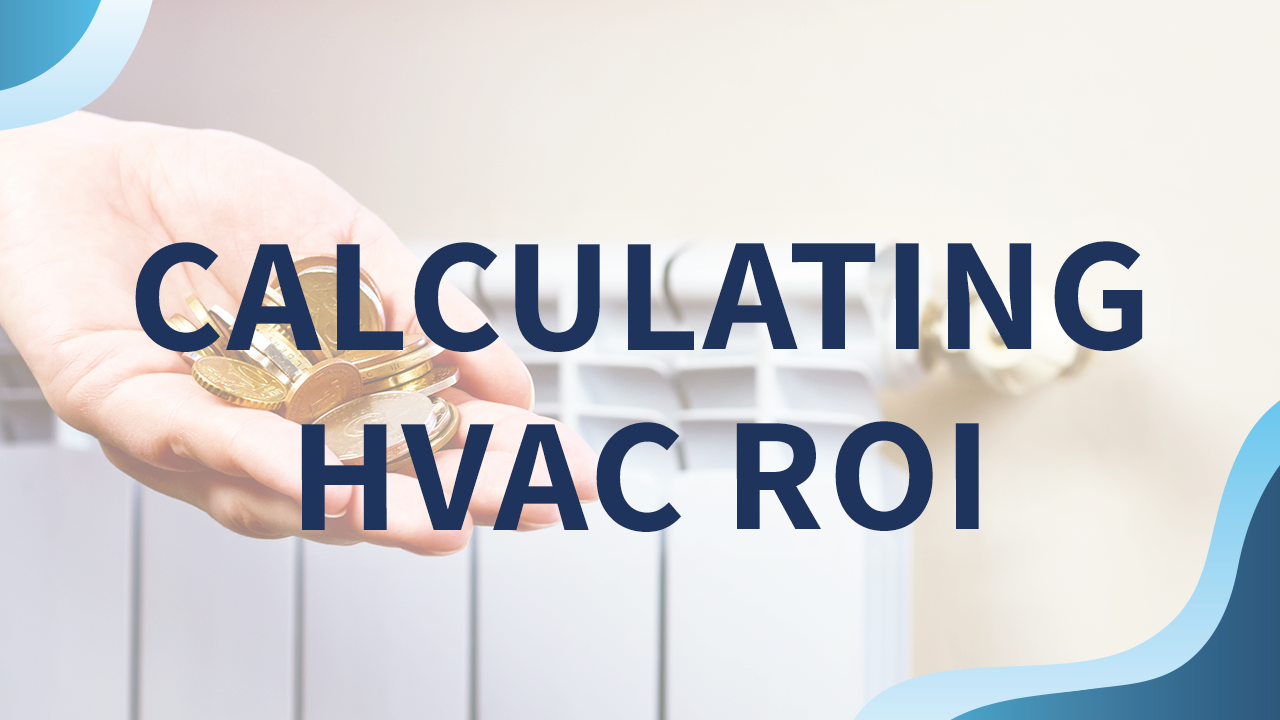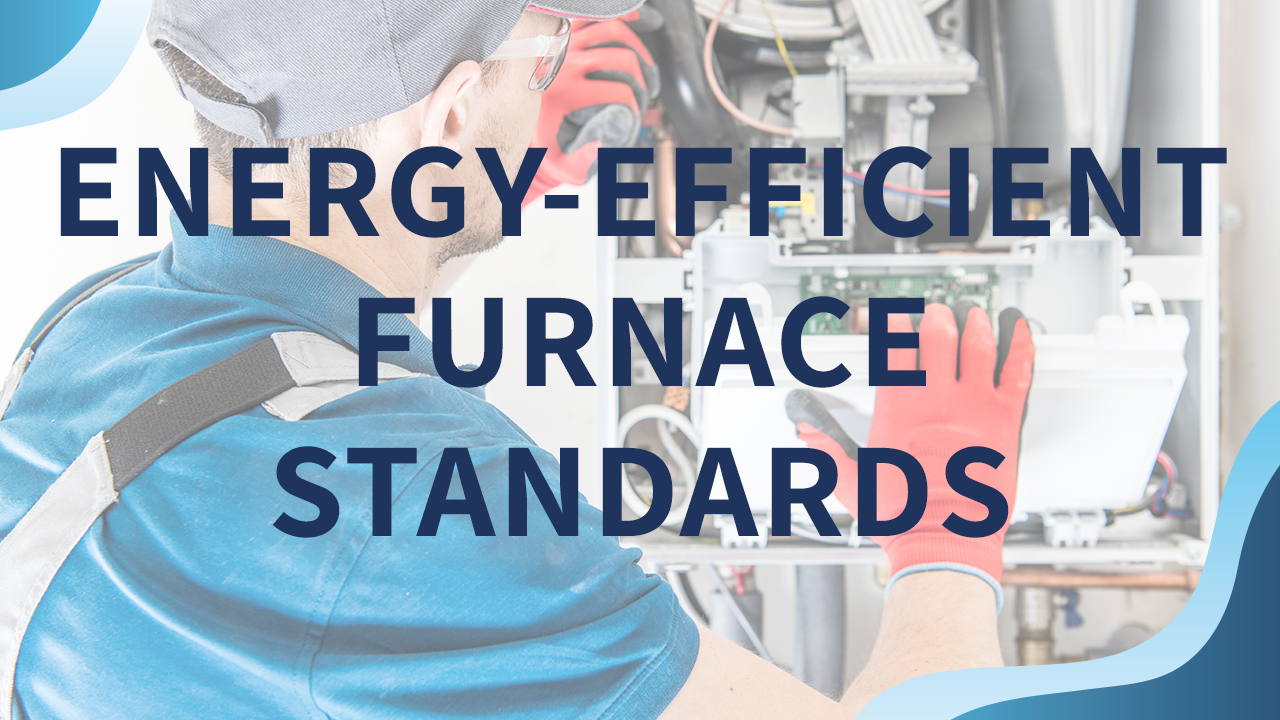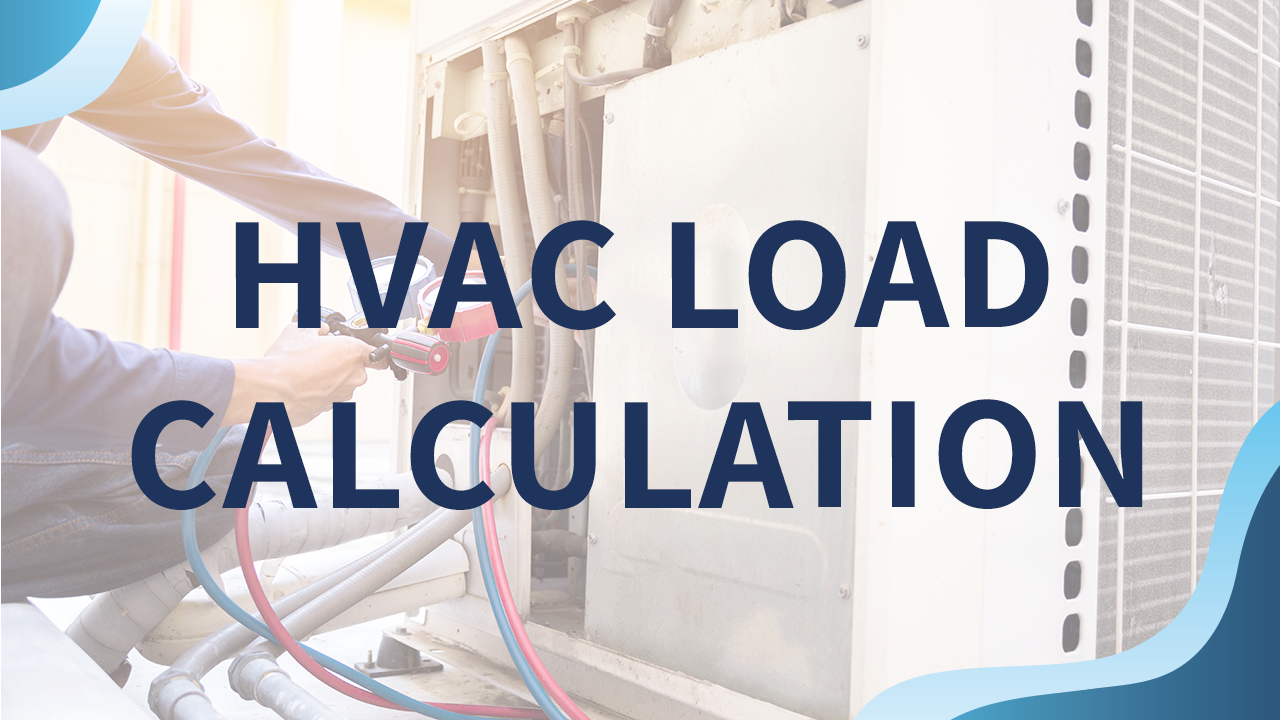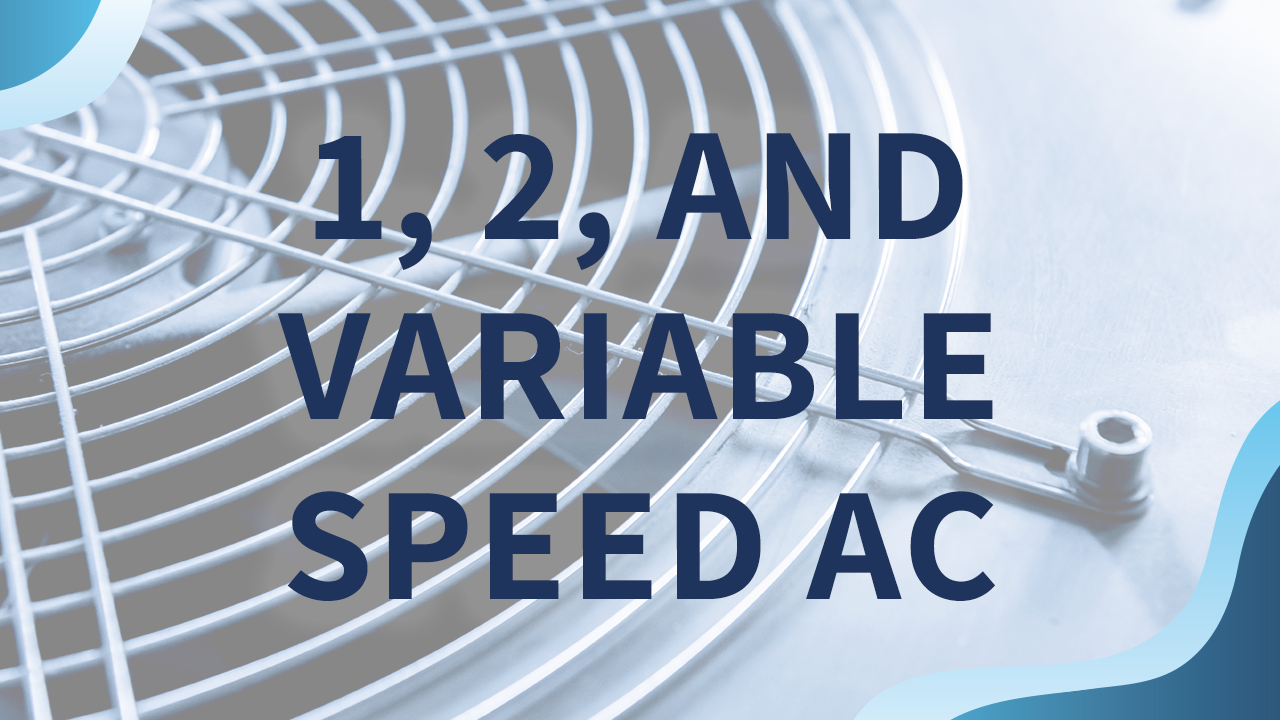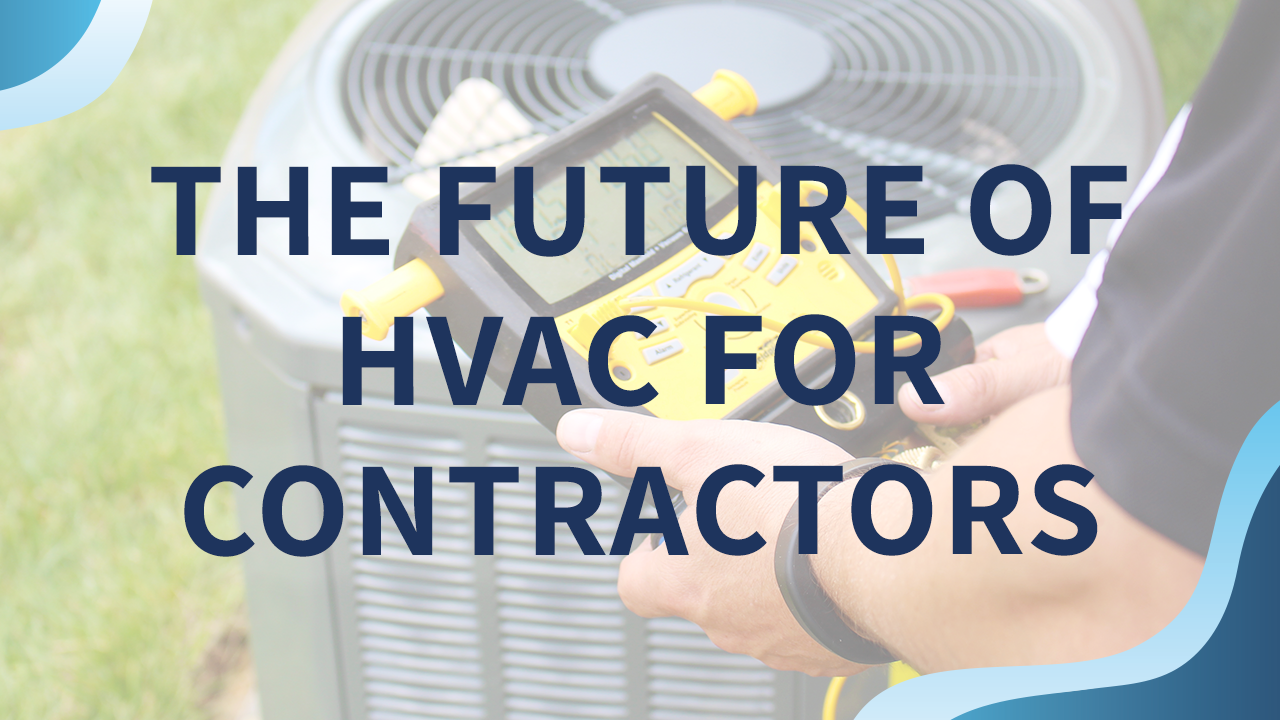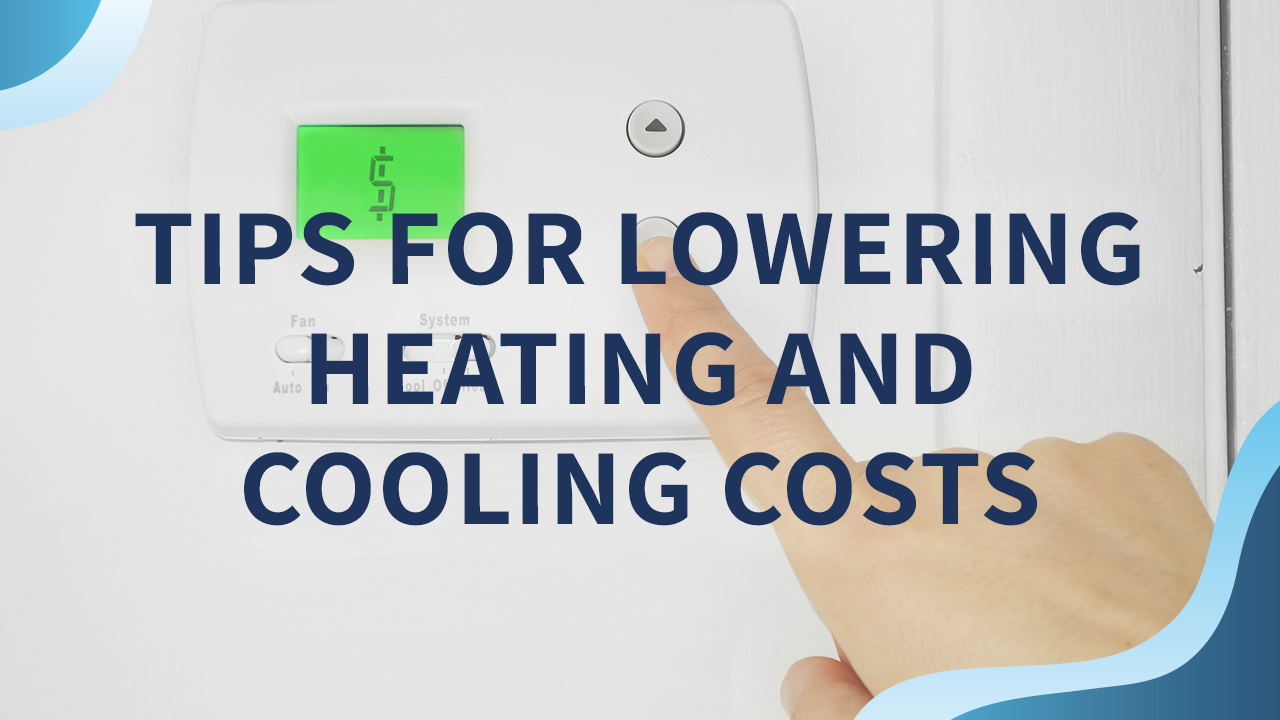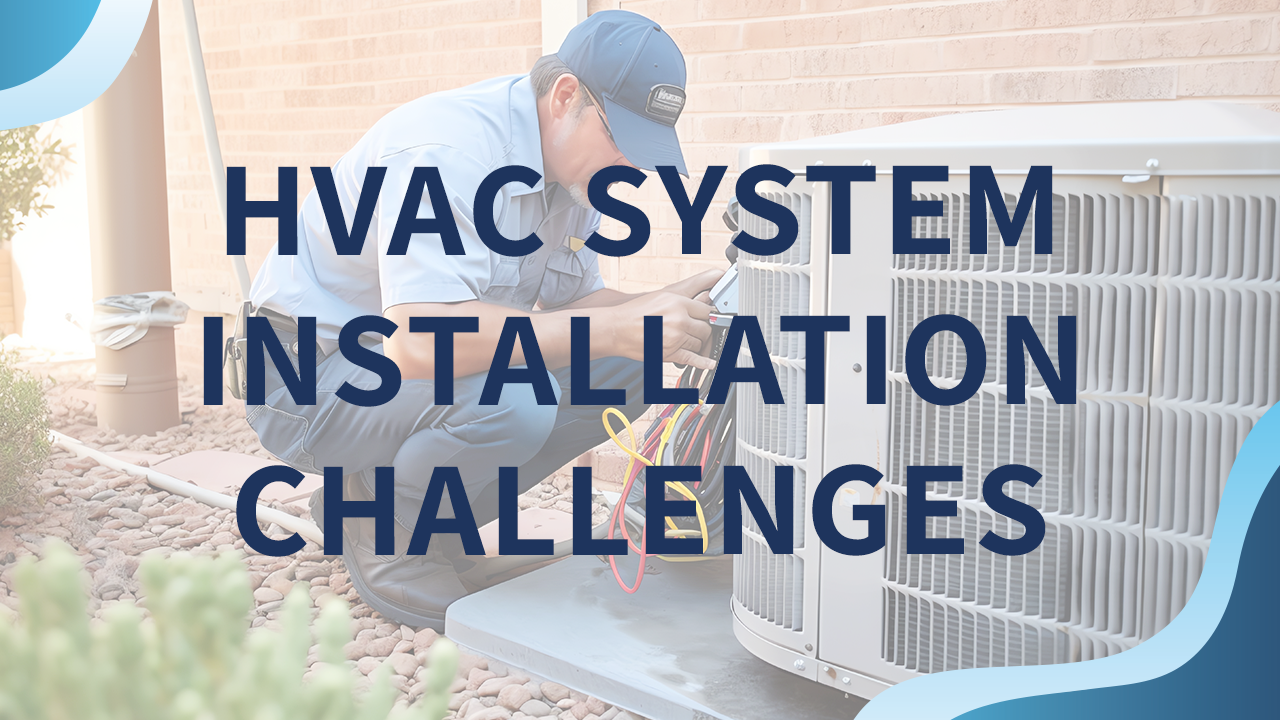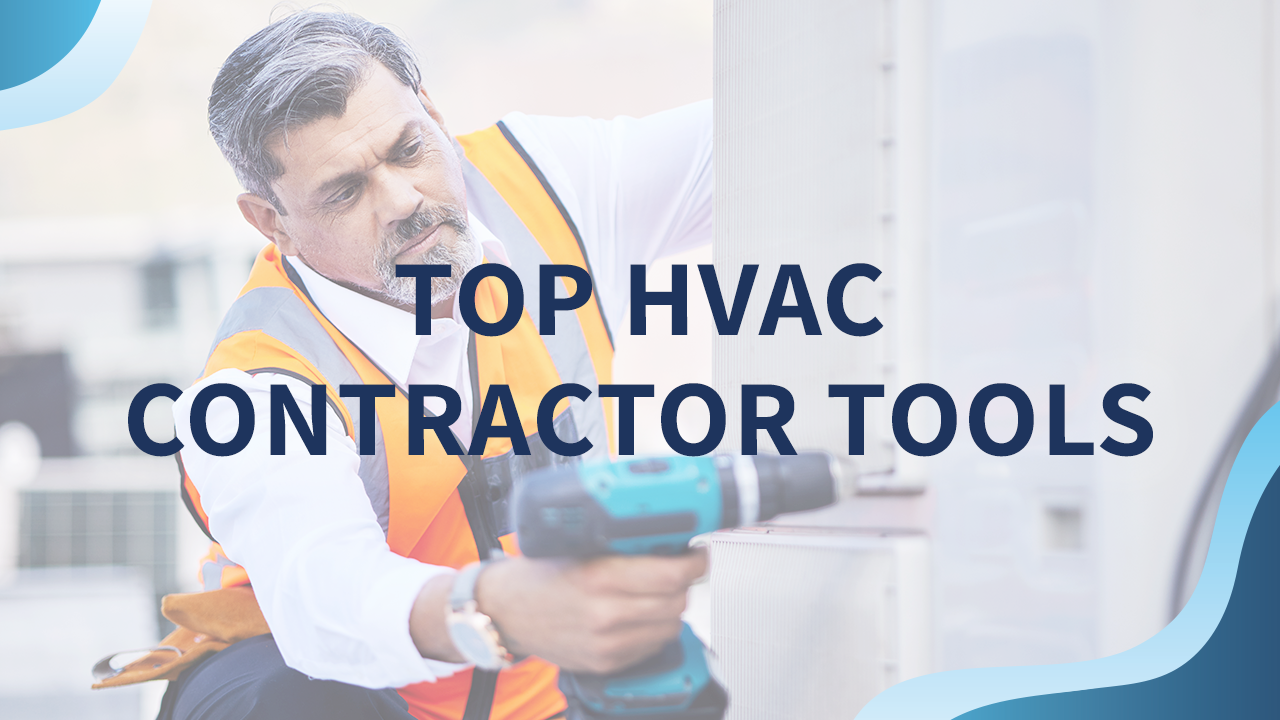It’s never too late to establish a preventative maintenance program for your HVAC systems. Similar to cars running longer and more efficiently by regularly changing their oil and filters, HVAC equipment provides greater comfort, uses less energy and functions longer with regular preventative maintenance. Yet, many property owners have not adopted a preventative maintenance strategy for their HVAC assets.
Regular preventative maintenance of HVAC equipment is an essential element of property management for the following seven reasons:
1. Lower Energy Consumption
HVAC consumes energy. There’s no way around it. According to the U.S. Department of Energy, air conditioners use about 6% of all the electricity produced in the United States. Not only does this come at with an annual price tag to homeowners of about $29 billion, but it accounts for 117 million metric tons of carbon dioxide released into the air every year. Meanwhile, heating a home accounts for about 29% of the average utility bill.
Through preventative maintenance, however, the energy efficiency of an HVAC system can significantly increase. Cleaning a system and changing air filters allows it to operate smoother and with less energy, lowering utility bills and reducing environmental impact. Motili’s HVAC Efficiency Tool calculates the carbon emissions associated with HVAC operations, helping operators understand energy use and cost savings.
2. Prevent Costly Repairs
Preventative maintenance helps HVAC owners and operators avoid unnecessary repairs by catching problems before they become a costly malfunction. It’s often said that running a piece of equipment to the point of failure can cost as much as 10 times as a regular maintenance program. A Pacific Partners Consulting Group study found that every $1 worth of deferred maintenance can quadruple to $4 in capital renewal costs later.
“Running your system until fail or repair easily costs somewhere between three and 10 times as much as a good maintenance program,” said David Auton, senior director of reliability engineering for Cushman & Wakefield. “When the equipment does fail, the actual repair costs are exorbitant, and you typically didn’t plan for them.”
3. Improve Air Quality
Regularly changing air filters and cleaning HVAC equipment, vents and ductwork will not only keep the system efficiently functioning, but it also will improve indoor air quality for building occupants. After all, the Environmental Protection Agency estimates that indoor pollution levels can be as much as 2-5 times higher than their outdoor counterparts.
HVAC systems are designed to filter allergens and pollutants from the air, and eventually all that is filtered out accumulates in the filters and eventually the equipment. When the filters can’t do their job, the overall air quality suffers.
4. Fulfill Warranty Requirements
Often when HVAC equipment is under warranty, the manufacturer requires evidence of regular maintenance in order to pay a claim. Without the minor investment into preventative maintenance, HVAC owners and operators are placing their major investment into equipment in jeopardy.
5. Improve Safety
Malfunctioning HVAC equipment can become dangerous. Electrical failures can create fire hazards, and faulty ventilation can quickly transform into potential carbon monoxide poisoning. According to the National Fire Protection Association, local fire departments respond to 48,530 fires involving heating equipment each year. Not only can preventative maintenance prevent these dangerous equipment failures, but a well-functioning furnace will dissuade tenants from using dangerous alternative heating equipment.
6. Boost Tenant Satisfaction
Happy tenants turn into long-term tenants, but uncomfortable tenants are rarely happy about it. Unmaintained HVAC equipment can malfunction and fail at the most inopportune times – or during the harshest weather events. Considering HVAC contractors can schedule two or more weeks out, tenants are not going to be satisfied going weeks in the heat or cold. Preventative maintenance not only helps avoid inconvenient equipment failure, but it also helps to improve overall HVAC efficiencies, further improving tenant comfort while reducing energy bills.
7. Extend HVAC System Lifetime
HVAC equipment is a major investment, and it’s one that any property owner will want to last. Regular preventative maintenance will extend the life of an HVAC system, postponing costly replacements. The average heating and cooling system can be expected to last about 15-20 years. A regular preventive maintenance plan potentially can add years to that investment.
